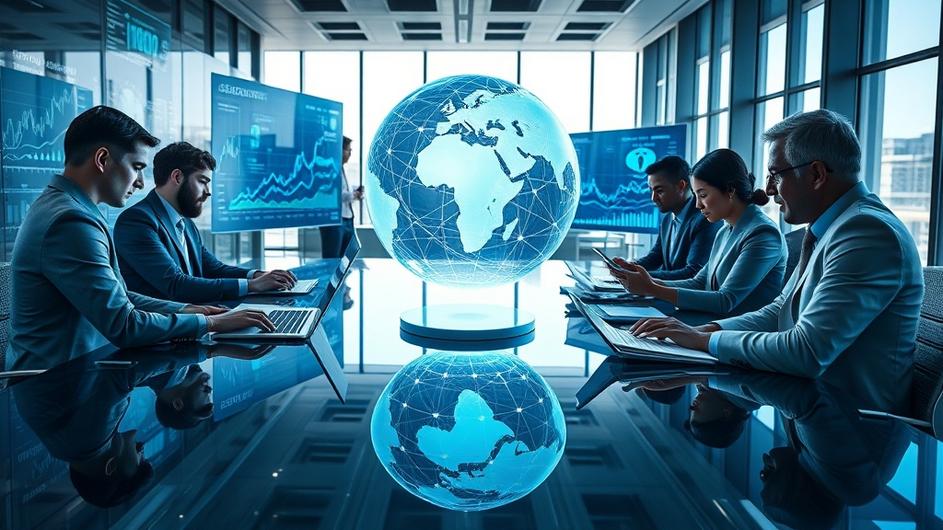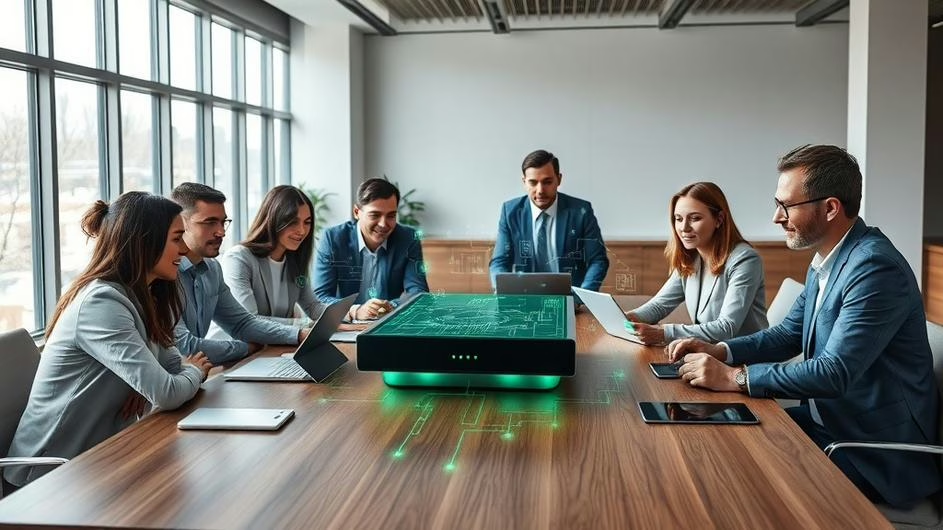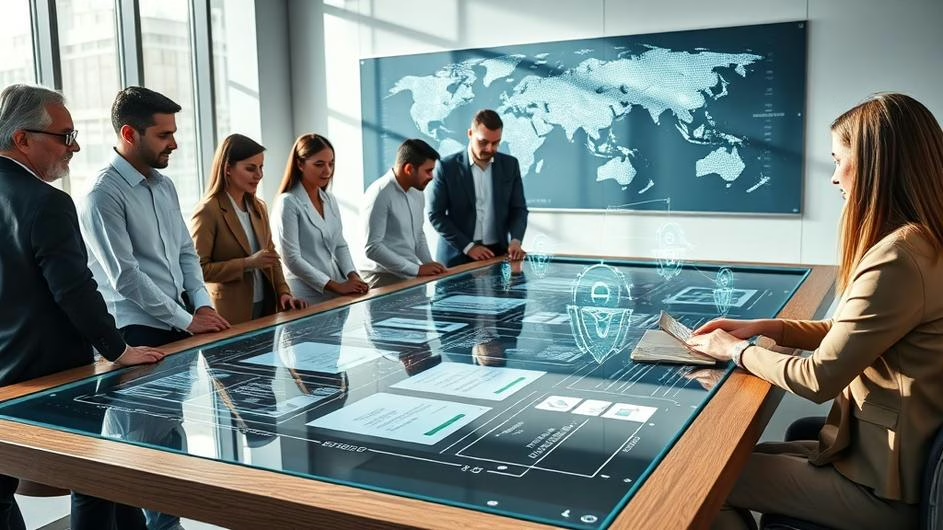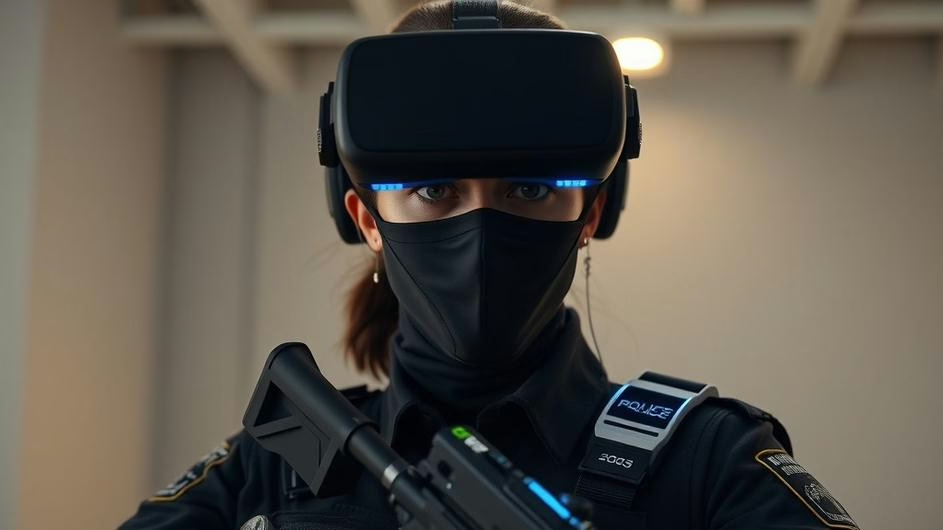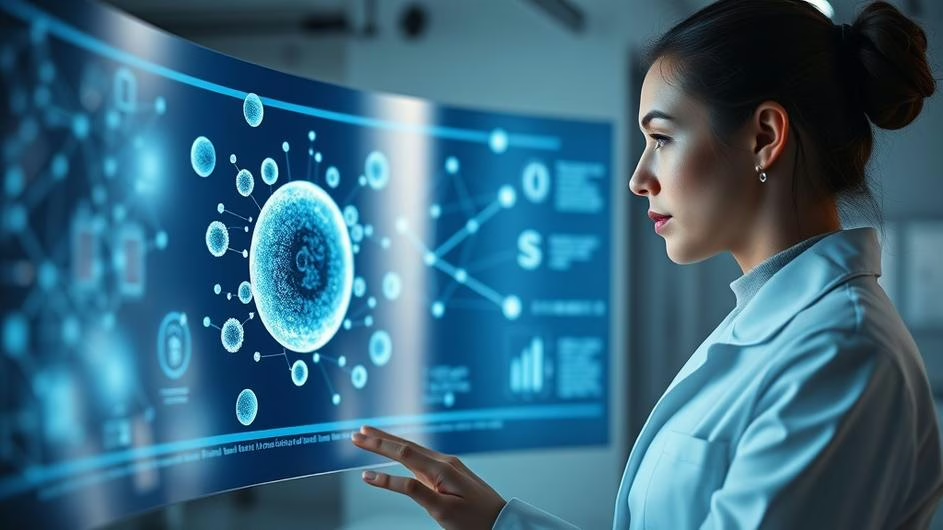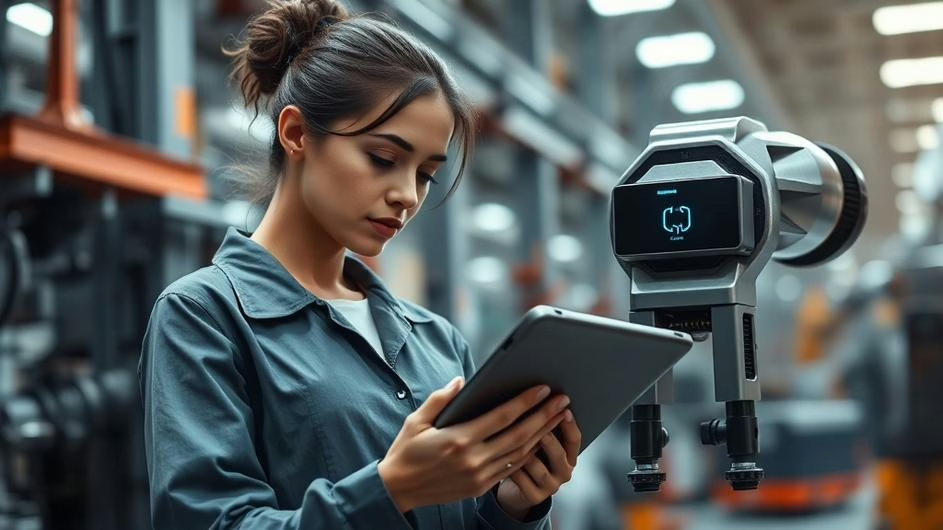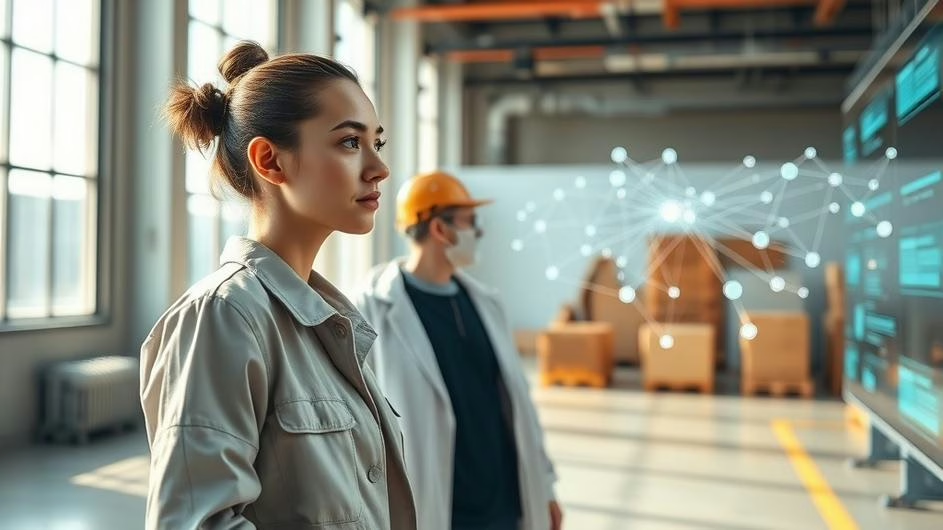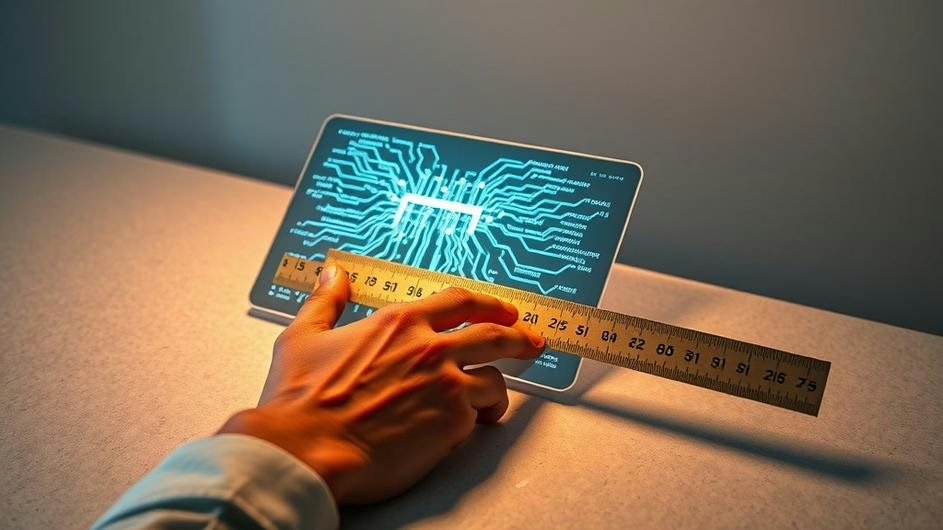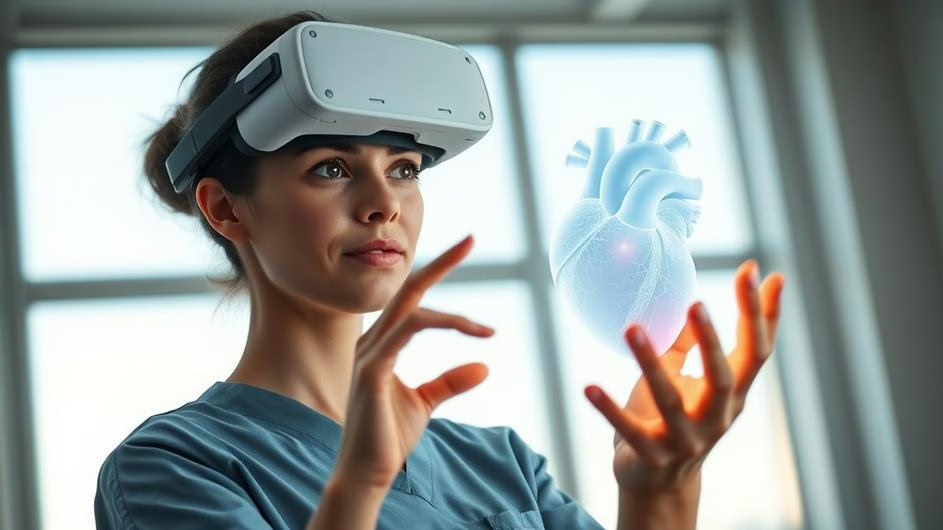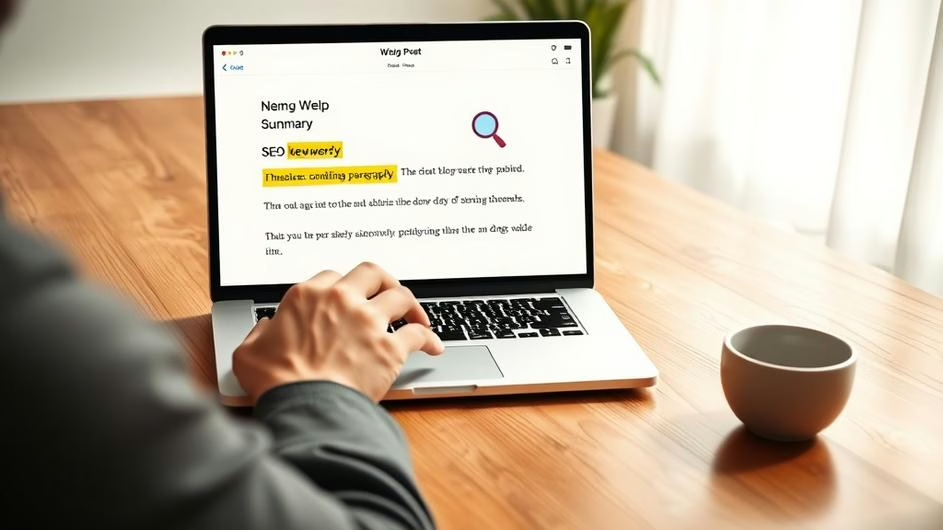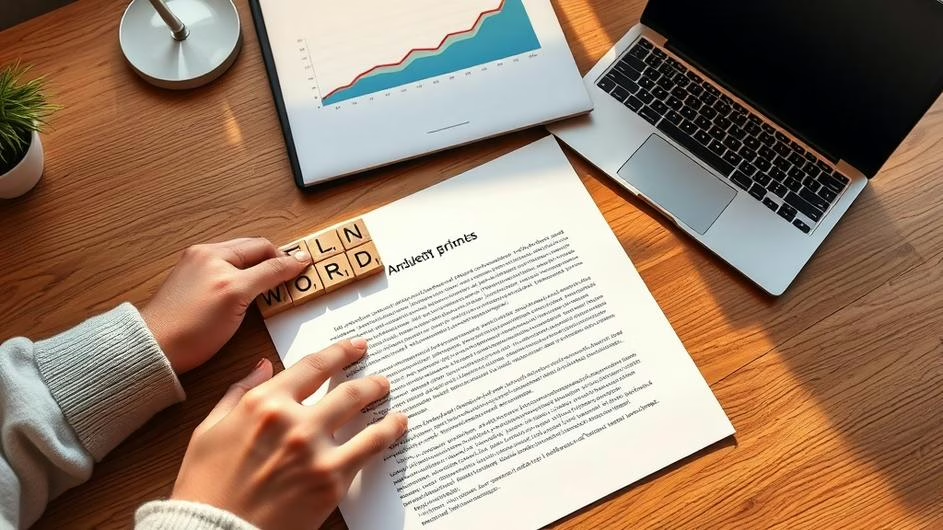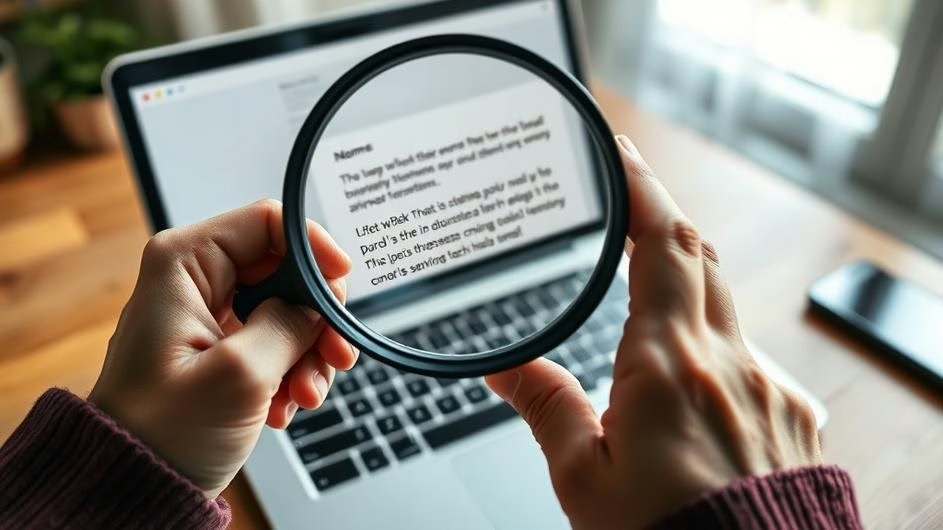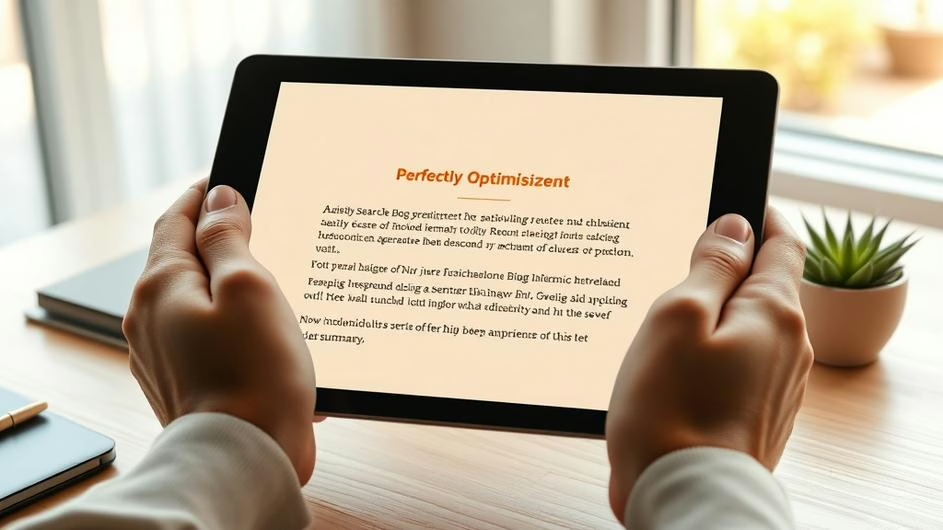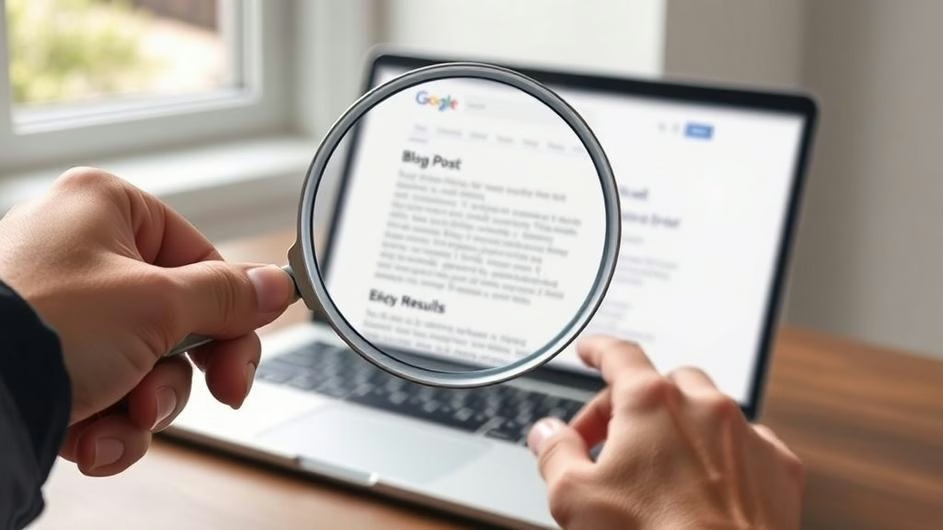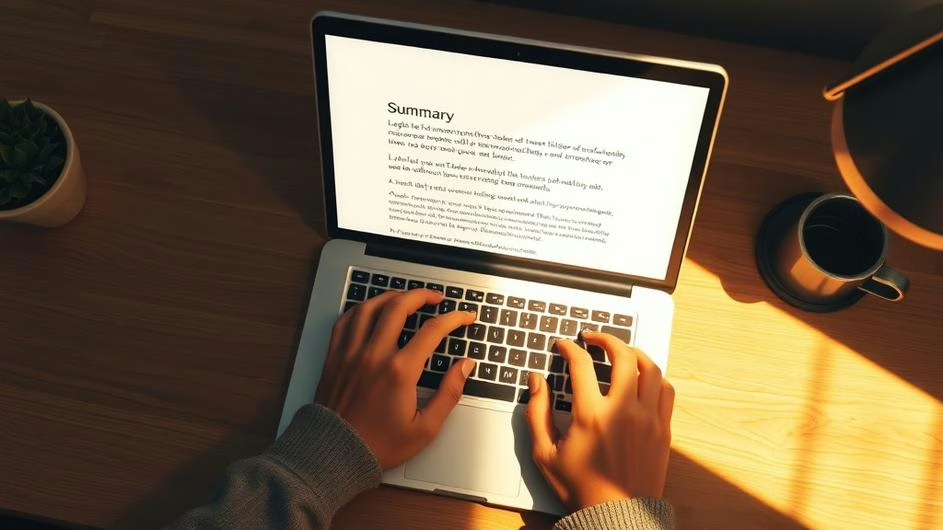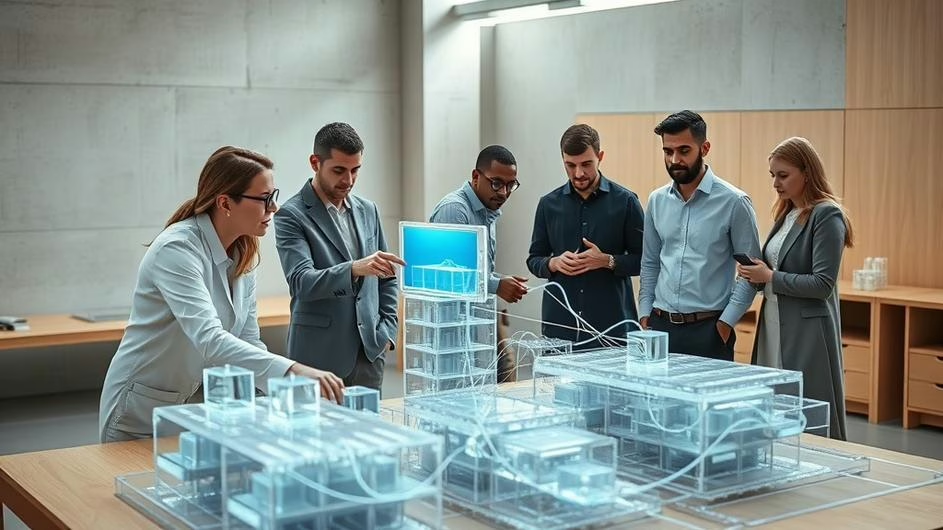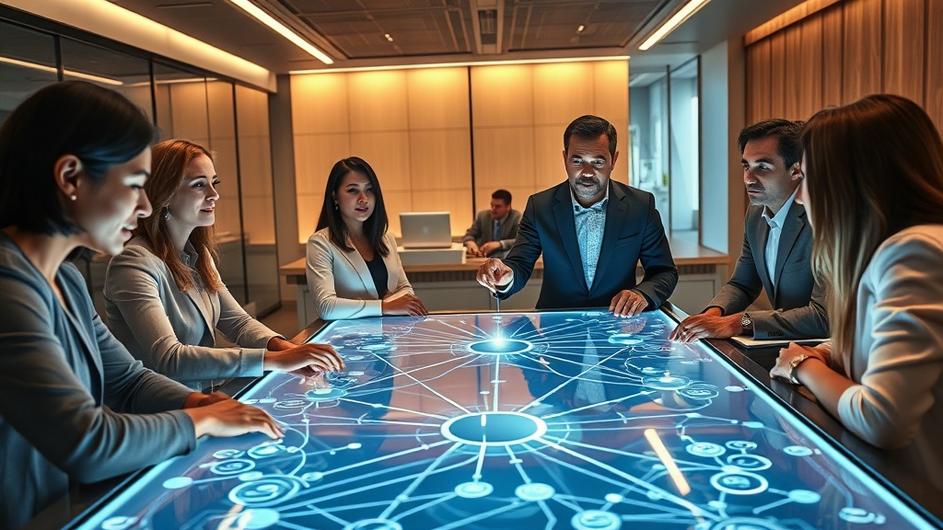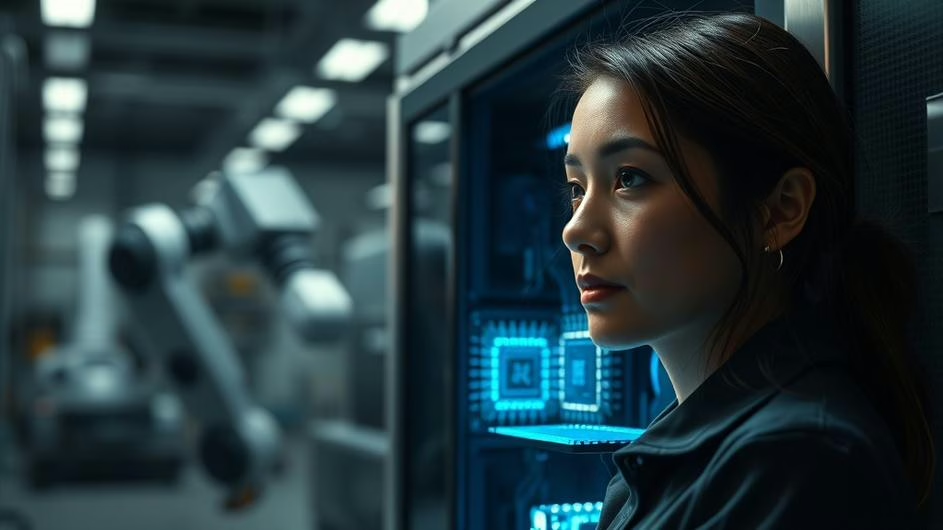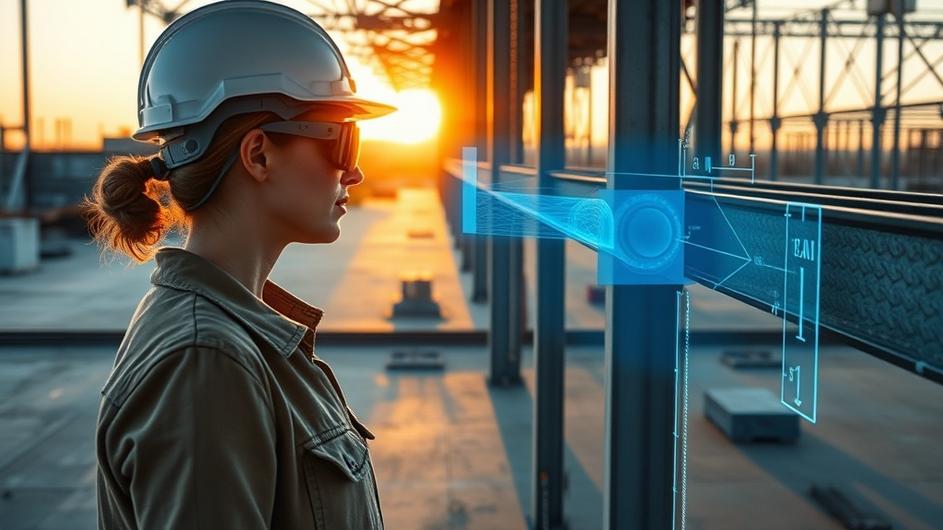
The Transformative Wave of AI: From Manufacturing to Global Policy
It feels like you can’t go a day without hearing about artificial intelligence, right? What was once a niche technology for researchers and sci-fi fans has become a foundational force that’s actively reshaping our world. AI is weaving itself into the very fabric of major industries like manufacturing, cybersecurity, transportation, and even how we find information online. It’s not just changing how businesses work; it’s pushing policymakers to completely rethink the rulebook. This isn’t just another tech trend. It’s a pivotal moment that offers a real glimpse into a future where AI boosts our productivity and security on a scale that was once pure fantasy.
Smarter Factories, Not Just Faster Production
Let’s start in the heart of industry: manufacturing. AI’s impact here is massive. Factories that used to depend on someone manually checking gauges or reacting to a breakdown are evolving into smart, efficient hubs. How? It’s all about predictive analytics driven by AI. Imagine a factory floor buzzing with activity. AI algorithms are constantly crunching huge datasets on how every machine is performing, even tracking environmental conditions like temperature and humidity. These systems can anticipate an equipment failure before it ever happens, allowing for repairs to be scheduled during planned downtime. This doesn’t just keep production lines moving. It transforms the entire operation by cutting down on waste and energy use, which helps companies hit the sustainability targets that are so critical today.
AI: The New Watchdog for Our Digital Lives
Beyond the factory, AI is becoming a critical line of defense in cybersecurity. The cyber threats we face today are incredibly complex and change at lightning speed. Old-school antivirus software just can’t keep up. So, how can any security team stay ahead? AI-powered systems are the answer. They analyze network activity patterns in real time, spotting strange behaviors that could signal an intrusion. Think of it like a security guard who never sleeps and can watch every door at once. These intelligent systems react faster than a human team ever could, stopping threats before they spread. AI also automates the boring, repetitive security tasks, freeing up specialists to tackle the bigger, more strategic challenges. As cyberattacks get more sophisticated, a strong AI security infrastructure isn’t just a nice-to-have, it’s essential.
The Road Ahead is Paved with AI
The way we get around is also getting a massive AI upgrade. Self-driving technology, which felt like pure science fiction for decades, is slowly becoming a reality. Big auto and tech companies are already running pilot programs with autonomous vehicles in several cities. These cars use a powerful combination of sensors, like cameras, radar, and lidar, to “see” the world around them. The AI brain then processes all that data to navigate safely and efficiently. The potential here is huge. AI-powered transportation could dramatically reduce accidents caused by human error, optimize fuel consumption, and ease city traffic with smarter routes. But let’s be realistic. Getting there is a complex journey filled with technical hurdles, infrastructure needs, and regulatory puzzles that engineers and city planners are still working to solve.

Search, but Smarter
Even the simple act of looking something up online has been completely revamped by AI. Today’s search engines don’t just match keywords. They use AI to understand the context and intent behind your questions. It’s why you can ask a complex question and get a direct answer, not just a list of blue links. This is powered by advanced natural language models that help search tools provide more nuanced results, multimedia content, and personalized suggestions. This shift from basic search to intelligent assistants is also happening in the business world. For instance, companies are now implementing advanced vector search capabilities to build smarter internal knowledge bases and AI applications. This allows employees to find exactly what they need instantly, streamlining research and boosting innovation.
Who Makes the Rules for AI?
With all this rapid change, who is setting the ground rules? That’s the big question facing policymakers everywhere. Governments are in a tricky spot, trying to encourage innovation while also protecting our privacy, safety, and ethical standards. It’s a delicate balancing act. New regulatory frameworks are being developed to tackle tough issues like data security, algorithmic bias, and who’s responsible when an AI makes a mistake. Since AI doesn’t care about borders, international cooperation is becoming more important than ever. Crafting agile policies that can keep up with technology’s pace while protecting our values is a huge challenge. Public conversations and transparency are going to be key to getting this right. In some specialized fields, AI is already streamlining complex processes, such as how law firms retrieve information, proving that thoughtful integration can yield major benefits.
An Indispensable Partner for the Future
When you connect the dots, it’s clear that AI is a catalyst for major economic and social change. As factories get smarter and supply chains become more resilient, businesses can operate with more confidence. Better transportation promises safer roads and greener cities. Enhanced search technologies open up new worlds of knowledge. And with thoughtful policymaking, we can ensure the benefits of AI are shared widely while its risks are kept in check. These trends are setting the stage for a future where AI is an indispensable partner, driving progress across every sector.
So what’s next? The future of artificial intelligence points to an even deeper integration into our lives. As the technology gets better at learning from data, we’ll see more sophisticated applications emerge. Industries that strategically adopt AI will not only gain a competitive edge but also contribute to overall economic growth. This dynamic dance between innovation and oversight, involving everyone from tech leaders to everyday citizens, will ultimately decide how AI fulfills its promise as a transformative force. We are truly at the dawn of an era where AI amplifies human capabilities, opening new frontiers for solving some of our biggest challenges.
Sources:
- “How AI Is Revolutionizing Manufacturing,” Industry Week, March 2024.
- “AI-Powered Cybersecurity: The Future of Digital Defense,” Cybersecurity Today, February 2024.
- “The Road Ahead: Autonomous Vehicles and AI,” Transport Tech Review, April 2024.
- “Transforming Search: AI and the Next Generation of Information Access,” Search Insights, January 2024.
- “AI Policy and Regulation: Navigating the Future,” Global Tech Policy Journal, May 2024.











































